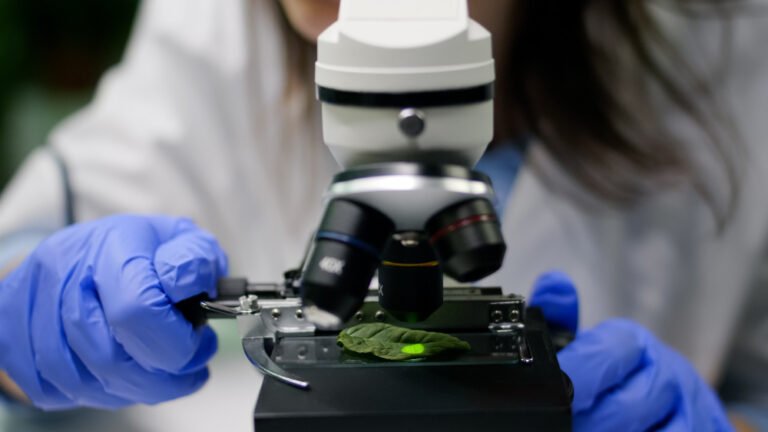Research And Advances In Sarcoidosis Treatment
Granulomas develop in several organs, most frequently the lymph nodes and lungs, as a result of the complicated inflammatory illness sarcoidosis. Despite its enigmatic nature, significant strides have been made in understanding and treating sarcoidosis. In recent years, research efforts have focused on unraveling its underlying mechanisms and developing innovative therapies to improve patient outcomes. This article delves into the latest advancements in sarcoidosis treatment and explores promising avenues for future research.
TO KNOW MORE ABOUT IT PLEASE CLICK HERE
Understanding the Pathogenesis
Central to advancing sarcoidosis treatment is a deeper understanding of its pathogenesis. While the exact cause remains elusive, researchers have identified immune dysregulation and genetic predisposition as key factors contributing to disease development. Studies have implicated various cytokines, chemokines, and immune cells in the formation of granulomas, providing targets for novel therapeutic interventions.
Targeted Therapies
One of the most significant breakthroughs in sarcoidosis treatment has been the emergence of targeted therapies tailored to specific disease mechanisms. Biologic agents, such as tumor necrosis factor-alpha (TNF-α) inhibitors and interleukin-6 (IL-6) antagonists, have shown promise in controlling inflammation and reducing granuloma formation. Clinical trials investigating the efficacy of these agents have yielded encouraging results, offering new avenues for patients with refractory disease.
Personalized Medicine
Advancements in genomics and precision medicine hold promise for personalized approaches to sarcoidosis treatment. Genetic studies have identified susceptibility loci associated with disease susceptibility and severity, paving the way for tailored therapies based on individual genetic profiles. Pharmacogenomic research aims to optimize drug selection and dosing regimens to maximize efficacy while minimizing adverse effects, offering a more personalized approach to patient care.
Immunomodulatory Therapies
Immunomodulatory agents have long been a cornerstone of sarcoidosis treatment, but recent research has expanded the therapeutic arsenal in this area. Novel immunomodulators targeting specific immune pathways, such as JAK-STAT inhibitors and phosphodiesterase-4 (PDE4) inhibitors, are being investigated for their potential to modulate inflammation and fibrosis in sarcoidosis. These agents offer new treatment options for patients who are refractory to conventional therapies or experience intolerable side effects.
Cellular Therapies
Cell-based therapies represent a promising frontier in sarcoidosis treatment, harnessing the regenerative potential of stem cells and immune cells to modulate the immune response and promote tissue repair. Mesenchymal stem cell therapy, in particular, has shown efficacy in preclinical studies and early-phase clinical trials for various autoimmune and inflammatory diseases, including sarcoidosis. Further research is needed to optimize cell-based approaches and evaluate their long-term safety and efficacy in larger patient cohorts.
Future Directions
As research in sarcoidosis continues to evolve, several areas hold promise for future advancements in treatment. These include the development of novel biomarkers for disease monitoring and prognosis, the identification of therapeutic targets within the microbiome and virome, and the exploration of non-pharmacological interventions such as pulmonary rehabilitation and lifestyle modifications. Collaborative efforts between clinicians, researchers, and patient advocacy groups are essential to drive progress in sarcoidosis treatment and improve outcomes for affected individuals.
Conclusion
The landscape of sarcoidosis treatment is rapidly evolving, driven by ongoing research efforts aimed at elucidating its underlying mechanisms and developing targeted therapies. From biologic agents and immunomodulatory therapies to personalized medicine and cell-based approaches, a diverse array of treatment modalities offers hope for improved outcomes and quality of life for patients with sarcoidosis. By harnessing the power of innovation and collaboration, we can continue to advance the field of sarcoidosis research and pave the way for more effective treatments in the years to come.








